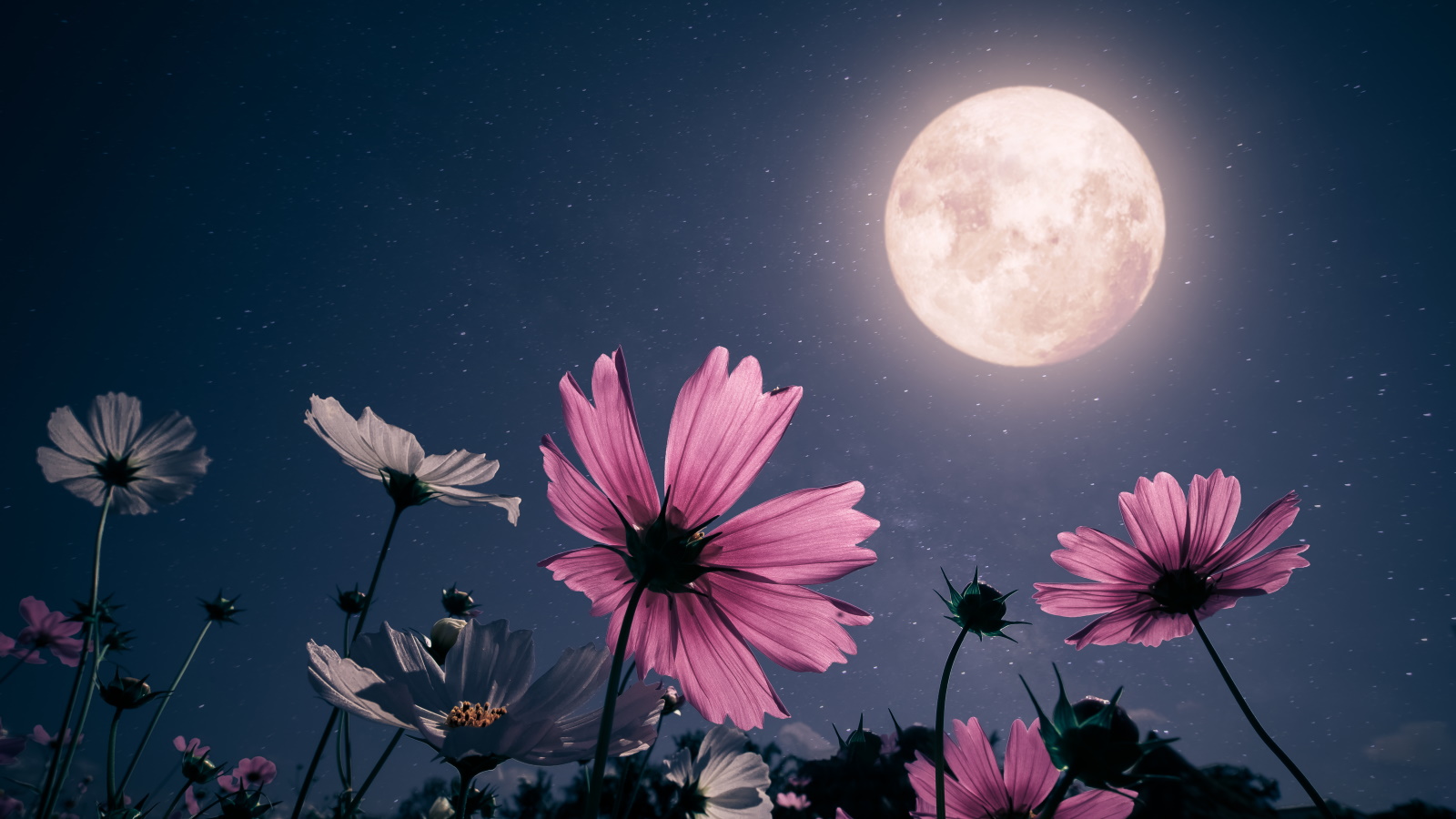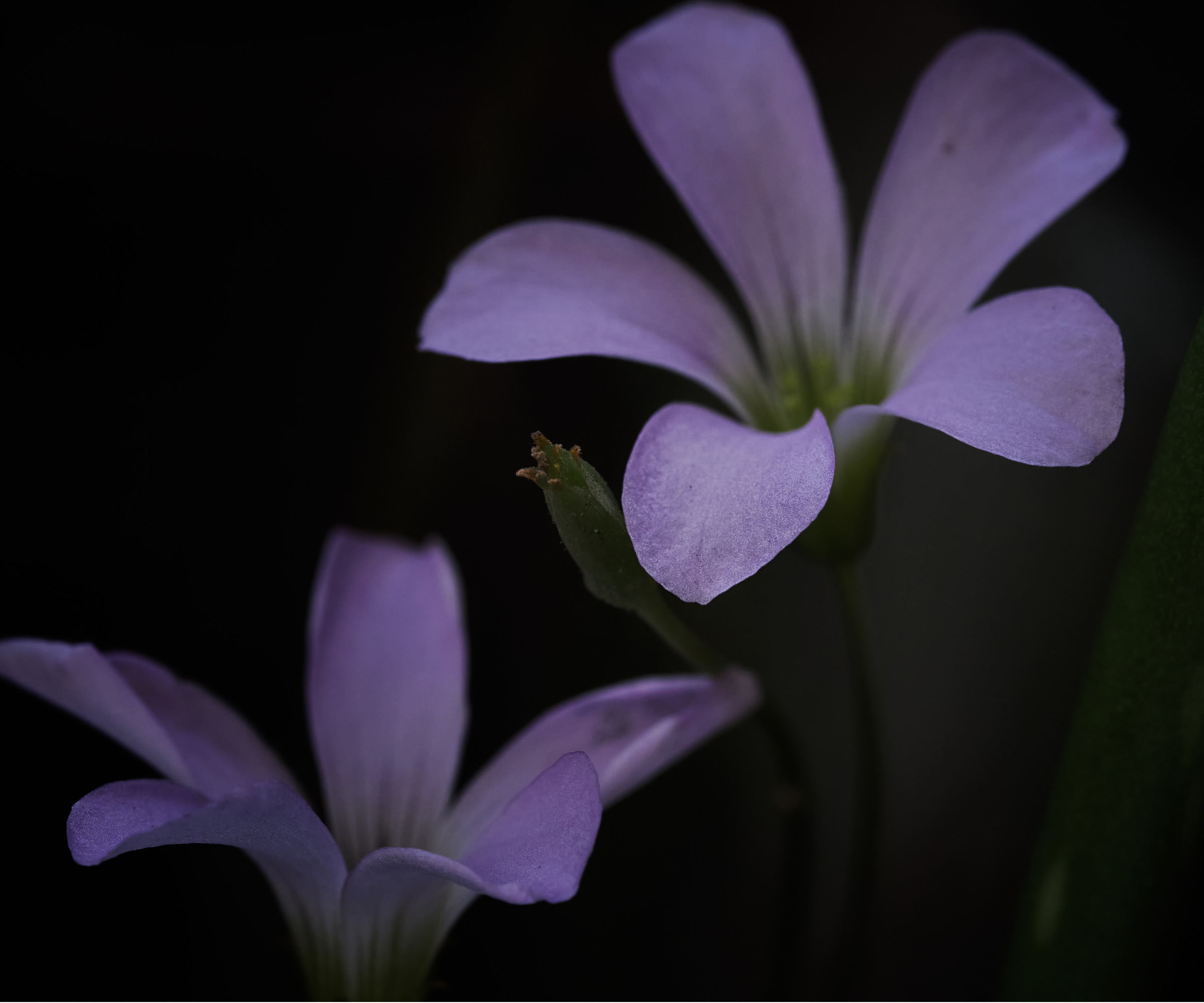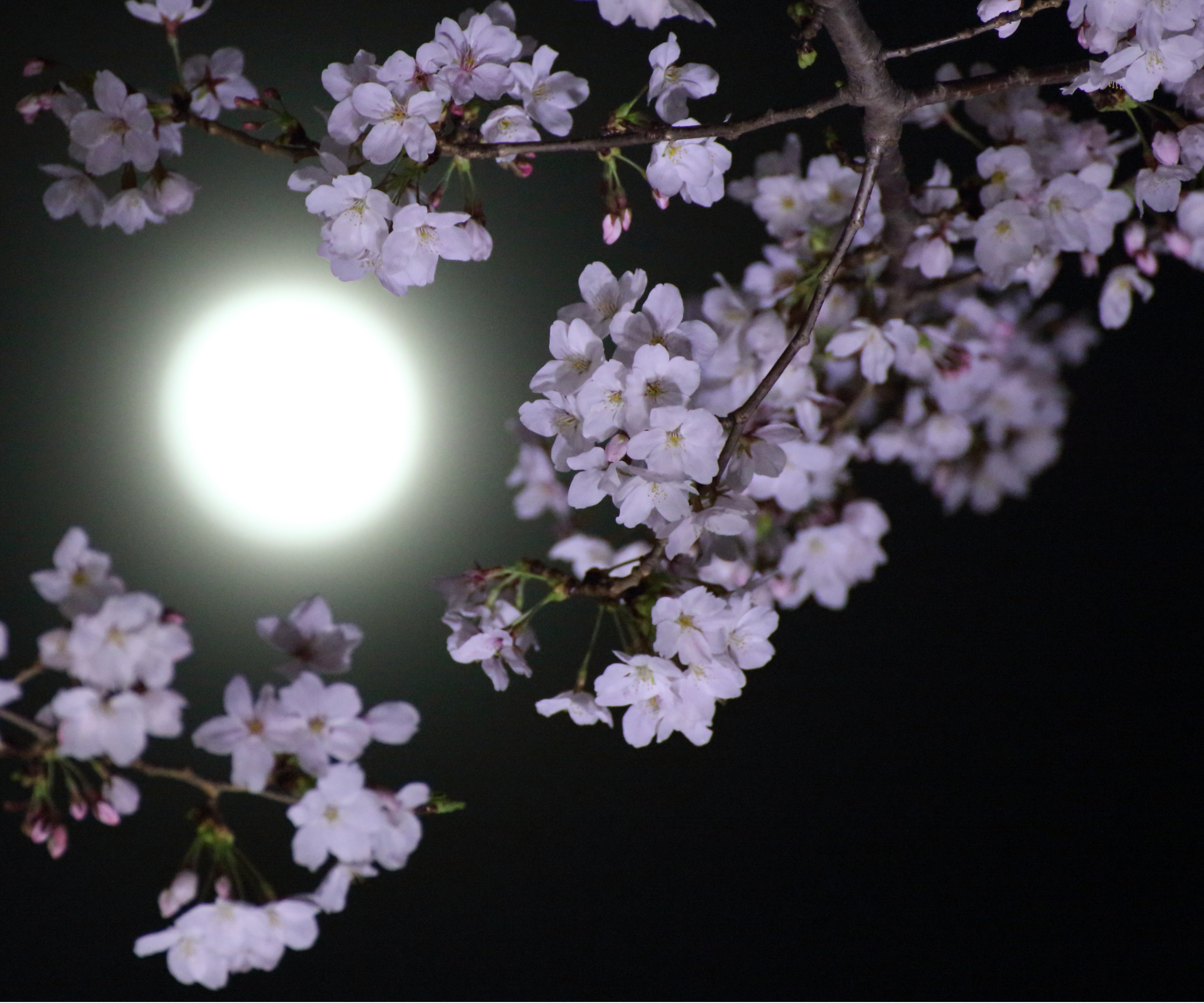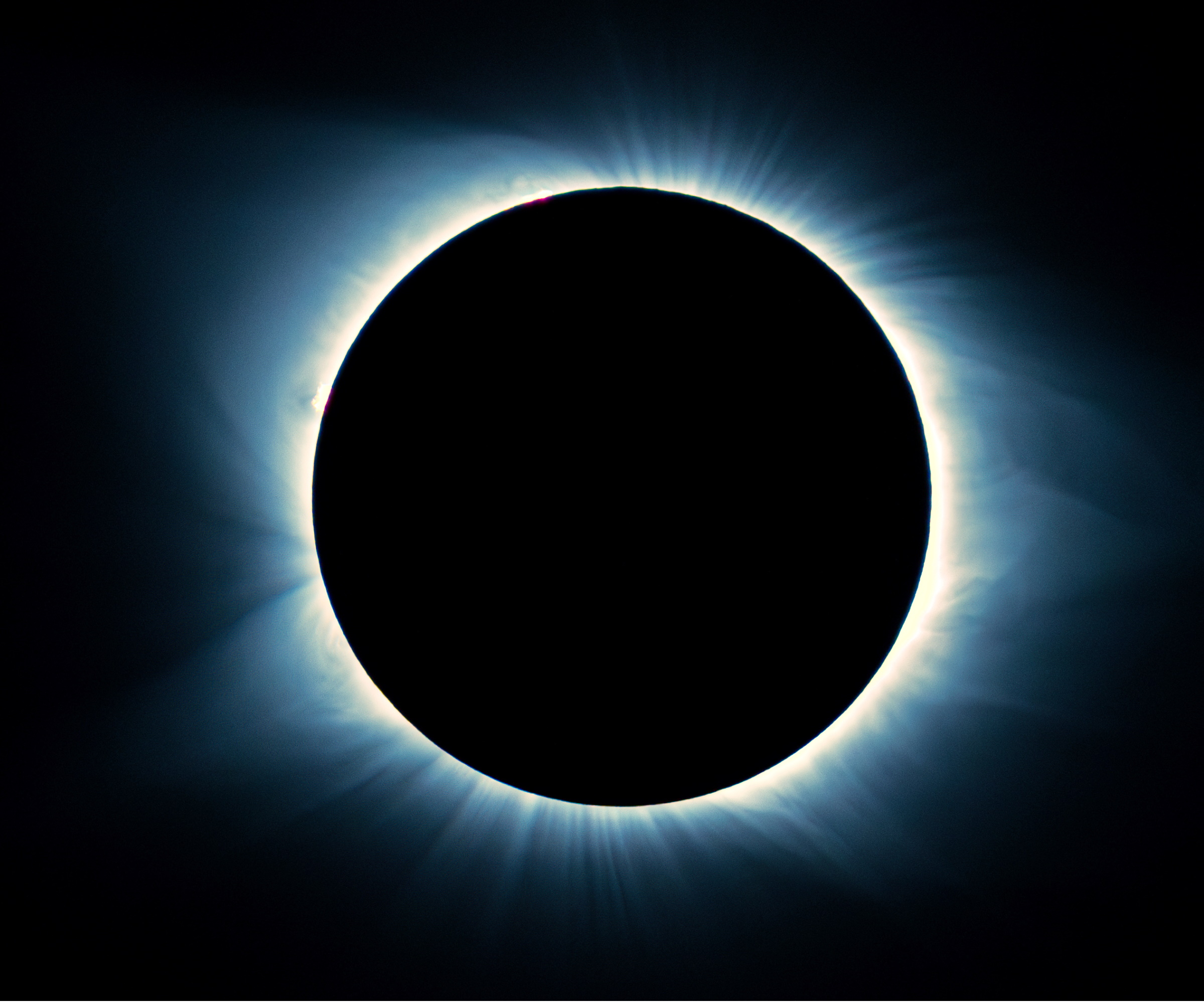
On Monday 8th April, a total solar eclipse will pass over the US and turn the sky to darkness as the Moon crosses between the Sun and Earth. While the darkness of the eclipse will only last for a few minutes, experts say gardeners may notice that their plants respond in different ways.
If you choose to garden by the moon or want to create a moon garden, you might take inspiration from how your plants respond to the darkness on Monday. However, experts note it shouldn't cause too much concern for plant health. 'The eclipse will only last for a couple of hours and the totality will only last for a few minutes,' says Dr. Jason Steffen astronomer and professor at the University of Nevada. 'It will not be much different, as far as the plants are concerned, than the Sun going behind some clouds for a while,' he adds.
Nevertheless, there are a few observations gardeners may make during the 2024 total eclipse as their plants respond to the total solar eclipse. We explore.
How will the solar eclipse affect plants?
Closing and opening blooms

The sky will become dark as the Sun is hidden behind the moon during the eclipse, so gardeners can expect to see flowers that usually respond to sunlight close up.
'During a solar eclipse, certain plants, such as hibiscus flowers and morning glories, may respond by closing their flowers, simulating dusk,' says Autumn Hilliard-Knapp, plant expert from Perfect Plants Nursery.
'Other plants may not have such a dramatic response and may only exhibit changes such as drooping leaves,' she adds.
It's also likely that plants that respond to darkness, like night-scented plants, will open up as the darkness comes over, including moon flower and star jasmine.
A lack of photosynthesis

Experts further reassure that the short period of the darkness means there won't be lasting impacts on plants from a lack of light exposure.
'The decrease in sunlight can disrupt the process of photosynthesis, which plants rely on for growth and development. However, because the eclipse is so short it doesn't impact the plants too much,' says Autumn. 'The specific effects can vary based on factors such as the duration of the eclipse, plant species and stage of growth,' she adds.
Jason also notes that some plants won't be exposed to the period of darkness on Monday. 'Since the totality is only happening along a narrow strip in the eastern USA, the majority of people (and plants) won't see much change at all,' he says.
FAQs

Should I water my plants during the solar eclipse?
When a solar eclipse happens, sunlight is hidden as the Moon crosses between the Sun and the Earth. As a result, plants may soak up less water as temperatures can be expected to be cooler. There won't be lasting impacts on the functioning of plants, however, and you don't need to necessarily alter your plant care. Although, you should keep in mind that plants will respond to the eclipse as if it were night and will resultingly take up less moisture in the day than usual.
The upcoming total solar eclipse will bring dark skies across the US. Experts reassure that there won't be lasting impacts on plants, but gardeners may see some brief changes as their plants respond to the darkness.
While you don't need to alter your plant care during the eclipse, make sure to still keep on top of your spring gardening checklist to keep your garden thriving this season.







